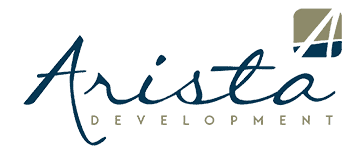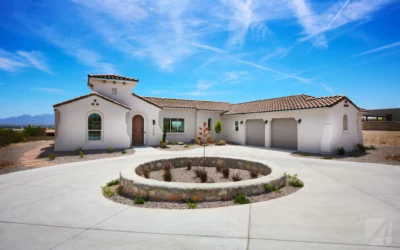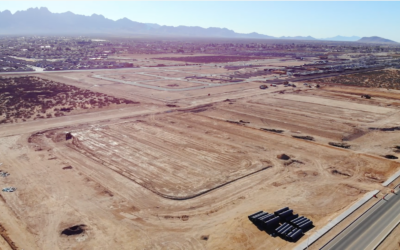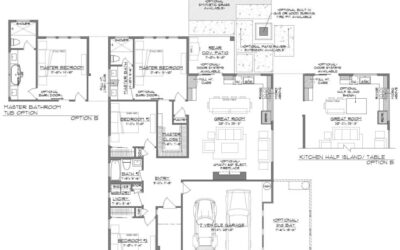Welcome to the neighborhood! Whether you are buying a home in a neighborhood with a Homeowner?s Association or creating a new home within a housing development with an HOA, it is crucial that you understand what responsibilities are expected of you and what you?ll be getting back in return.
Homeowner Associations are organizations that implement and enforce rules on properties in a neighborhood or complex. What Homeowners Associations can offer members varies between neighborhoods. This could include professional maintenance of community facilities (such as swimming pools, golf courses, and tennis courts), parks, open spaces, landscaping, drainage, front yard maintenance, gated community and roads. HOAs also offer community mixers to get to know your neighbors and group activities for fellow homeowners such as hikes and holiday celebrations.
Members of an HOA are equally responsible for maintaining certain aspects of the neighborhood and common areas. This could include building and landscaping regulations such as what color of paint you can use on the exterior of your home or removing weeds from sidewalks on your property, keeping clutter or broken down vehicles clear of roadways and out of public view, and repairing roofs or building exteriors in a timely manner.
These are to improve the quality of life for everyone in the neighborhood and help protect the property values for all owners. Fees paid to the local HOA often cover certain expenses for the good of all homeowners involved. Bigger HOAs tend to have lower fees due to there being a larger amount of homeowners the HOA is collecting fees from.
Homeowners Association fees pay for community amenities and upkeep of common areas within a planned development. What these fees are, what they cover, and the rules that come along with the HOA are different depending on the needs and management of the housing development. HOA fees are usually monthly fees that range within fifty to hundreds of dollars.
Besides the usual monthly fees, if some major expense comes up which the HOA reserves cannot pay for, they may charge an extra assessment that could cost thousands of dollars. HOA fees may also be going to catastrophe insurance; certain areas are prone to natural disasters and having an HOA to help cover the cost of damage is incredibly important in most neighborhoods that are under threat of some form of natural disaster.
It is important to sit in on Homeowners Association meetings and get a comprehensive understanding of how much fees are and what they cover before you move into a neighborhood or housing development. Evaluate the HOA’s environmental practices. Some HOAs require certain techniques in the maintenance of lawns that may not agree with your own desire to use environmentally conscious practices.
If you’re not the kind of person who is comfortable following such ordinances, joining an HOA isn’t right for you, which is why reviewing the HOA’s policies before you purchase property in their community is crucial to your future as a homeowner.
HOAs are put in place to protect the value of a neighborhood and give community members a vehicle to voice their concerns to the local government or public. HOA regulations on yards, houses, and public or common areas are implemented and enforced with the interest in maintaining property values. Many have members who attend city and public forums to keep other members up-to-date with city plans that may impact their neighborhood. If those are things that sound beneficial and promising, then an HOA is definitely for you. But if the thought of being told what colors you can use to paint your house or how long you can keep that old truck in your driveway sounds like too much, then an HOA neighborhood is not the right fit for you.
